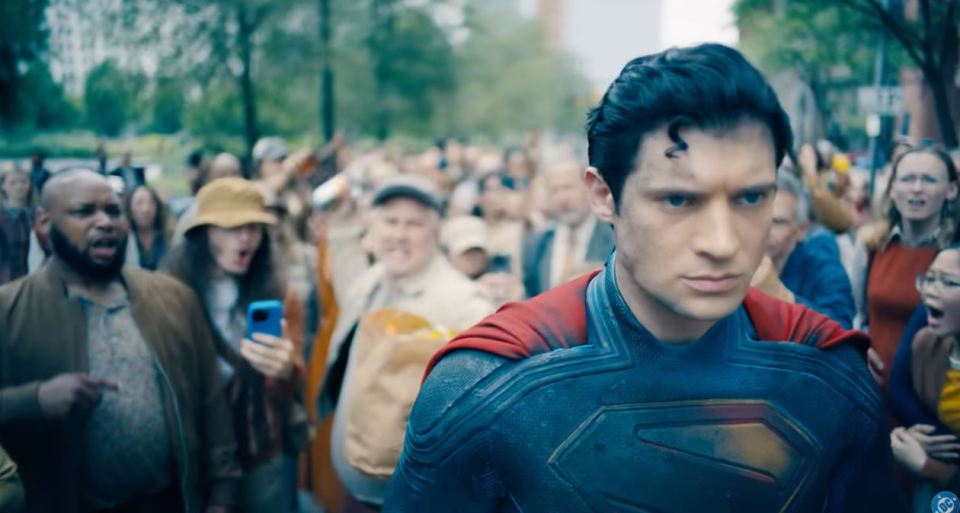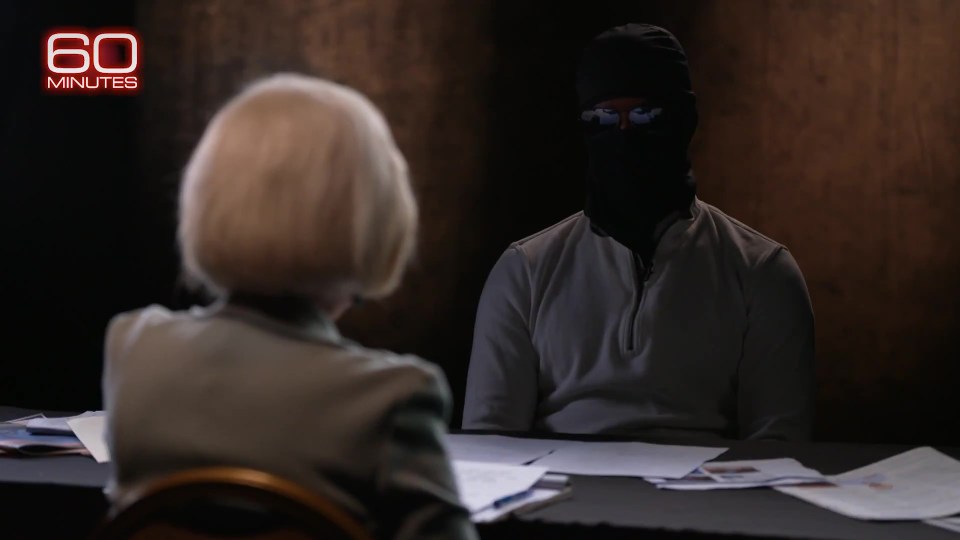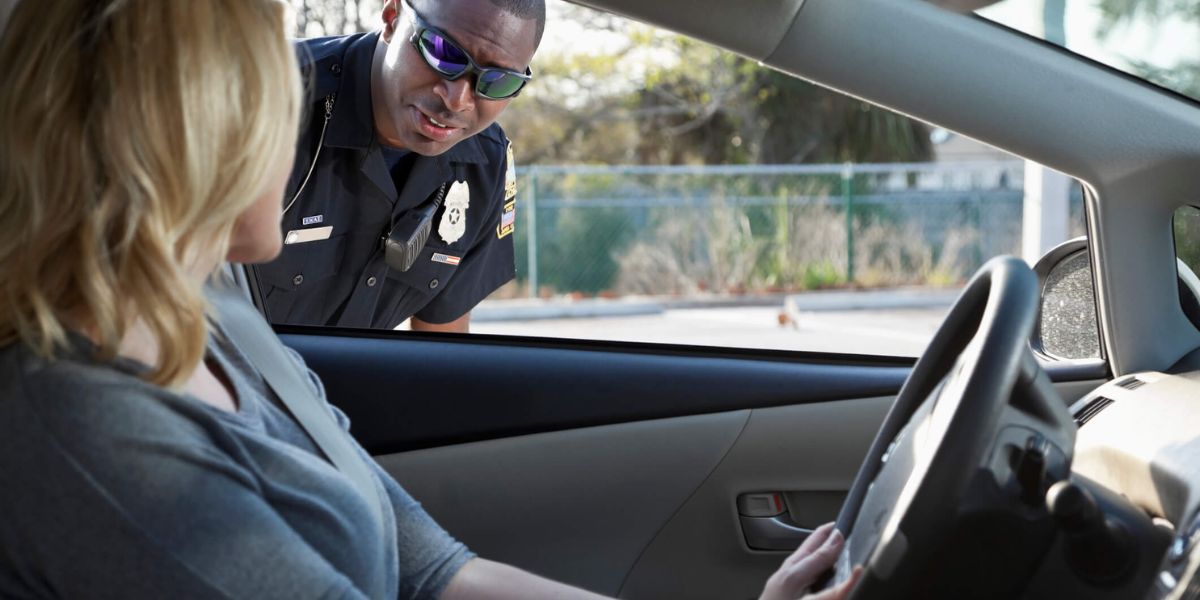“Your Phone, Your Privacy!” Can Utah Police Search Your Phone During A Traffic Stop?
DEBARYLIFE – Our smartphones are an extension of who we are in the digital age. They include a plethora of personal data, including bank account information, social network profiles, images, and messages.
What would happen, therefore, if a police officer in Utah stopped you for a moving offense and requested to inspect your phone? You must comprehend your rights in this circumstance.
The legality surrounding police searches of phones during traffic stops in Utah will be covered in detail in this blog post. We’ll go over pertinent legislation, exclusions, and your rights as a citizen.
The United States Constitution’s Fourth Amendment protects from “unreasonable searches and seizures.” This implies that unless there is reasonable suspicion, law officers cannot search your person or your possessions without a warrant. This used to just apply to tangible items like homes and cars. But as smartphone use increased, the issue of phone privacy at traffic stops surfaced.
Physical objects and cell phones are fundamentally different from each other. They frequently have far more personal data than what a police officer could locate in a car during a regular traffic stop. Riley v. California, a Supreme Court ruling from 2014, set a new precedent after acknowledging this distinction. The Court decided that even while making an arrest, police must normally get a warrant to search a cellphone’s contents.
Utah’s Data Privacy or Electronic Information Act
Utah is unique in that it takes a firm stand on phone privacy. It became the country’s first state to pass the Electronic Information or Data Privacy Act in 2019. This law expressly forbids law enforcement from obtaining a search warrant to examine any electronic device’s stored or transmitted data. This is true for electronic storage devices such as tablets, computers, and cell phones.
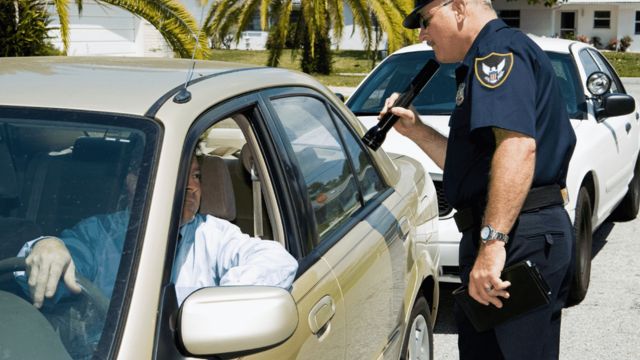
The Act provides precise guidelines for requesting an electronic device search warrant. To prove to a judge that the device contains evidence of a crime, police must first establish adequate probable cause. This is not as low as just having suspicions about illegal activities.
Exemptions from the Warrant Obligation
Despite Utah law’s emphasis on phone privacy, the warrant requirement is not often followed.
SEE MORE – Don’t Miss Out: Northern Lights Show Tonight in WV, OH, and KY
Consent to Search: A police officer is legally permitted to search your phone if you specifically permit them to do so. It’s critical to keep in mind that consent needs to be freely offered. You have the right to say no if you feel forced or compelled.
Exigent Circumstances and Likely Causes: Rarely, if there are urgent circumstances and they have reasonable suspicion that your phone includes evidence of a crime, authorities may inspect it without a warrant.
This implies that if the evidence is not retrieved immediately away, it may be destroyed. For instance, the police may act in an emergency if they believe you are using your phone to plan a crime that is currently being committed.
Phone Out of Sight When Arrested: Your phone may be confiscated by the police if they find it in plain sight when you are taken into custody. To access the phone’s contents, a warrant is still required.
During a Traffic Stop: What to Do
It is empowering to be aware of your rights during a traffic stop. Here are some actions that you can do:
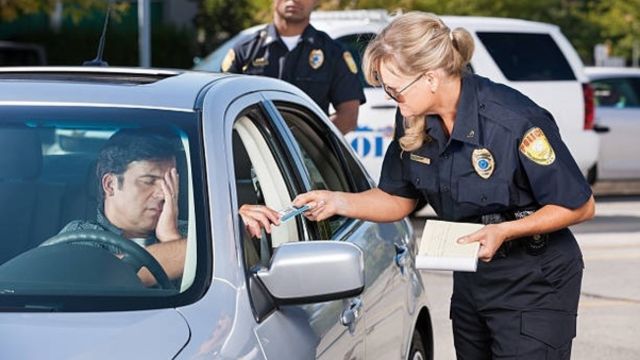
Keep Your Cool But Firm: It’s critical to treat the police with respect. You do, however, have the right to assert your rights with firmness.
Recognize Your Right to Block a Search: Refuse the officer’s request to search your phone in a courteous but forceful manner. Saying something like “I do not consent to a search of my phone” is one option.
Know the Scope of Any Search You Agree to: Make sure you are aware of the extent of the search before giving your agreement. Indicate what the officer can see. You could let them browse through your full photo library, but only for a certain contact.
SEE MORE – Amazing Journey Is Here! Train Rides Making A Comeback In West Virginia’s Ghost Town
When to Consult a Lawyer: You have the right to ask to talk with an attorney if things get uncomfortable or if the situation gets out of control. It is advisable to refrain from responding to any inquiries other than confirming your identity and registration.
Extra Advice
Recognize Your Rights: Learn about your Fourth Amendment rights and Utah’s Electronic Information or Data Privacy Act.
Keep your phone locked: Make sure your phone is always locked using a strong password, PIN, or fingerprint authentication. This provides additional security if your phone is confiscated.
Reduce Sensitive Data: Steer clear of keeping excessively sensitive data on your phone, particularly if it isn’t password-protected. For such data, think about utilizing a secure cloud storage solution.
Recognize your surroundings: If the police ask to view your phone during a traffic check, leave it out in the open and don’t make any strange movements that can be misconstrued.
In Summary
Strong protections for phone privacy during traffic stops are provided by Utah’s Electronic Information or Data Privacy Act. It’s important to know your rights and what to do if an officer asks to inspect your phone.
While assisting law enforcement, you can make sure your privacy is protected according to the preceding advice.


